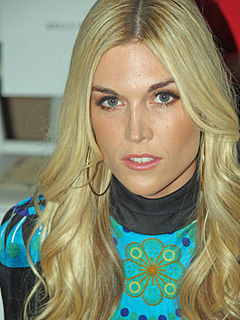A Quote by Jeff Buckley
If you're going to write, then write a novel with a Haitian woman in it and try and describe her accurately. When you can do that, you can write about people.
Related Quotes
I would like to write a novel, or at least try to write one, although my motives are not entirely pure. For one thing, I get asked about writing novels so much that I feel guilty about never having written one. And although I have no strong desire to write a novel, I would hate not to try. That would just be silly. On the other hand, I hate the idea of slogging through something that turns out to be not good.




































